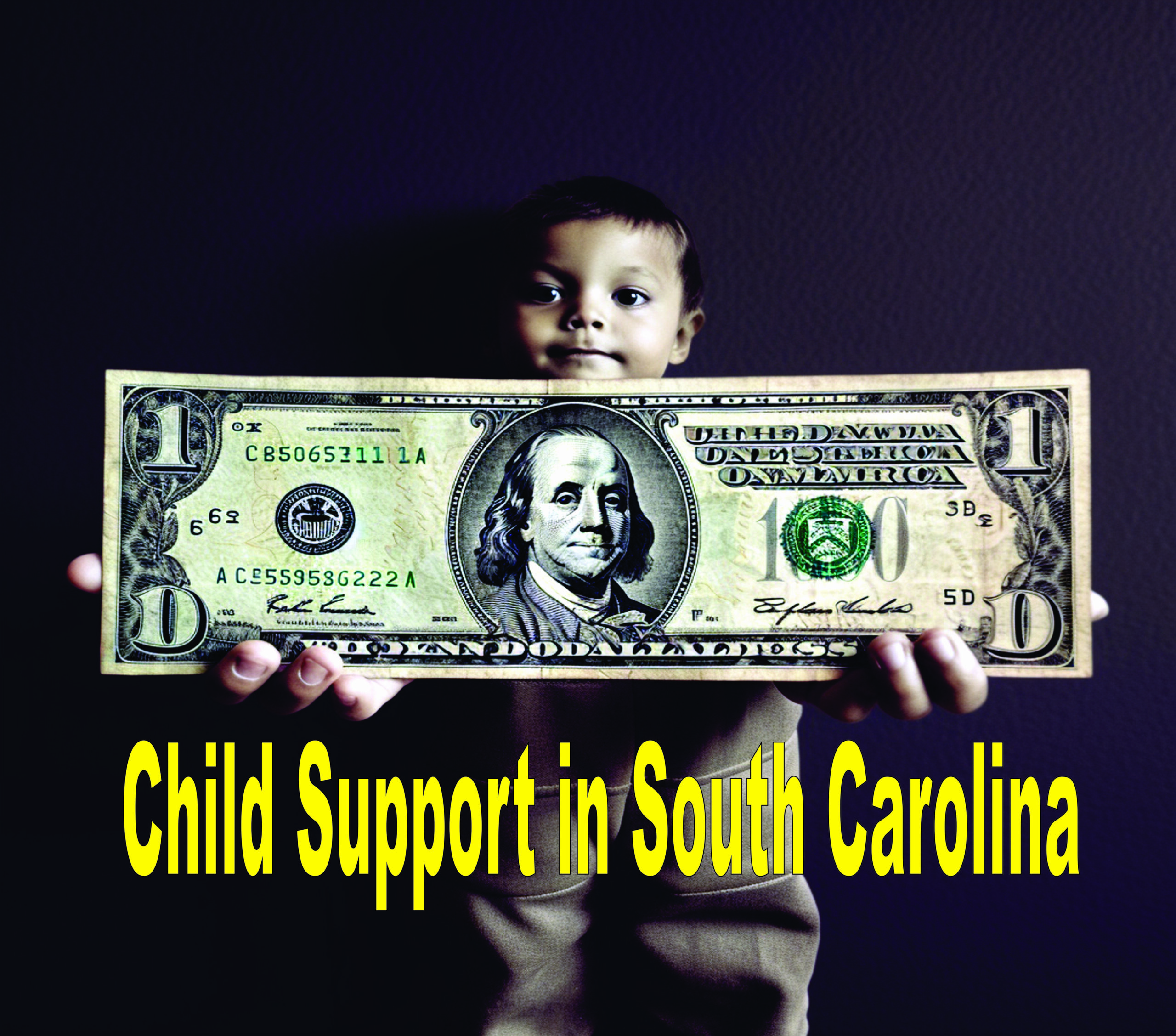Child Support Portal South Carolina

Last Updated on May 23, 2024 by Kathy
Responsible parenting requires that parents play an active role in their child’s education, regardless of whether they are together or not. While the parents might split for a variety of reasons, their obligation to support their child does not change. South Carolina has child support laws and portal that agencies enforce. This ensures that parents compensate for their obligation to support the child and that the child enjoys the best quality of life.
The Process For Child Support After Divorce and South Carolina Portal
The South Carolina Department of Social Services (SCDSS) offers child support. SCDSS offers an online portal where parents can easily submit child support applications and update their information. Parents can access information about their case via the portal. This includes court hearing dates and announcements. Custodial parents applying for services can create an account on the child support portal in South Carolina. Public aid recipients such as Temporary Assistance for Needy Families, TANF, do not have to apply. They are automatically enrolled for child support services.
Parents can also obtain an application form to be fill out and submit for the establishment of child support cases. You may also pick one up physically at Regional Child Support Offices, County Department of Social Services Offices, and County Clerks of Court Offices. A custodial parent does not have to be granted legal custody of the child in order to apply for child support. A parent can send an application as long as the child resides with the parent. SCDSS will assist parents who request full services to locate the noncustodial parent, establish paternity, get the child support order and enforce it when needed.

The application form requires you to provide certain details such as your name, social security number and race, along with your residential address and phone number. Both parents. You can also fill out the marital status of both parents. SCDSS may use the information about the noncustodial parent to locate them.
After Locating The Noncustodial Parent
After locating the parent, they must receive a notice before the case can proceed. The application process is completely free. However, a $25 annual fee is a requirement for families who does not receive TANF or have received up to $500 in child support.
Once the noncustodial parent is located, it may be necessary to establish the paternity of the child. In the case of parents who did not marry, this is done usually by voluntary acknowledgment. Legally, the father of the child is presumed to have been the mother of the child if he was legally married at the time the child was born. They will perform a DNA test if the man denies paternity. The test can either confirm or deny the paternity of the child’s father. The Child Support Services Department covers the costs of testing. They will issue a court order if the test reveals that the man is the father of the child.
Once the child’s father has paternity, the Child Support Services Department at SCDSS can start establishing child support orders.
How To Receive Child Support
Through the State Disbursement Unit, the funds from a child support case get paid to the custodial parent. Parents can receive child support payments through the SDU in two ways.
First, you can use a MasterCard debit card issued to the state. This card is known as the South Carolina Way2Go Card. This card can be used to load child support funds. Once they have been paid by the parent, not custodial, the SDU will process them. Parents can also check their balances using a mobile app. You can also transfer funds from the card to your parent’s bank account. For parents who receive child support, the default option is to use the Way2Go card. For details on the card, visit the GoProgram website.

Calculate the Maximum Amount That Your Family Can Receive For Child Support on South Carolina Portal
There are many factors that go into child support calculations in South Carolina. They consider there factors: who has custody, how many children they have, what type of custody arrangement each parent has, their gross monthly income, alimony settlement for divorcées, childcare costs, extra healthcare costs, and so on. The state will then determine a fair amount to pay monthly for child support. It is important that the amount paid should not cause hardship to the noncustodial parent. However, it should be sufficient to support the child. You can find a copy for the child support guidelines online. A child support calculator is also available, however, this is for estimation purposes only.
Enforcement of Child Support
Noncustodial parents must pay the entire amount in the child support order, until the child becomes emancipated. They may also be subject to enforcement actions if they fail to pay the child support payments or refuse to make them as required. Enforcement actions include garnishing payments benefits, garnishing tax refunds and credit reporting. The noncustodial parent can receive a sentence to jail if they are guilty of contempt.






